-
 Thanh toán đa dạng, linh hoạtChuyển khoản ngân hàng, thanh toán tại nhà...
Thanh toán đa dạng, linh hoạtChuyển khoản ngân hàng, thanh toán tại nhà... -
 Miễn Phí vận chuyển 53 tỉnh thànhMiễn phí vận chuyển đối với đơn hàng trên 1 triệu
Miễn Phí vận chuyển 53 tỉnh thànhMiễn phí vận chuyển đối với đơn hàng trên 1 triệu -
 Yên Tâm mua sắmHoàn tiền trong vòng 7 ngày...
Yên Tâm mua sắmHoàn tiền trong vòng 7 ngày...
Stop Caretaking the Borderline or Narcissist: How to End the Drama and Get On with Life
-

- Mã sản phẩm: 1442238321
- (1962 nhận xét)

- Publisher:Rl; Reprint edition (August 14, 2014)
- Language:English
- Paperback:228 pages
- ISBN-10:1442238321
- ISBN-13:978-1442238329
- Item Weight:11.5 ounces
- Dimensions:6 x 0.58 x 9 inches
- Best Sellers Rank:#18,843 in Books (See Top 100 in Books) #23 in Mood Disorders (Books) #33 in Personality Disorders (Books) #99 in Popular Psychology Pathologies
- Customer Reviews:4.7 out of 5 stars 1,959Reviews
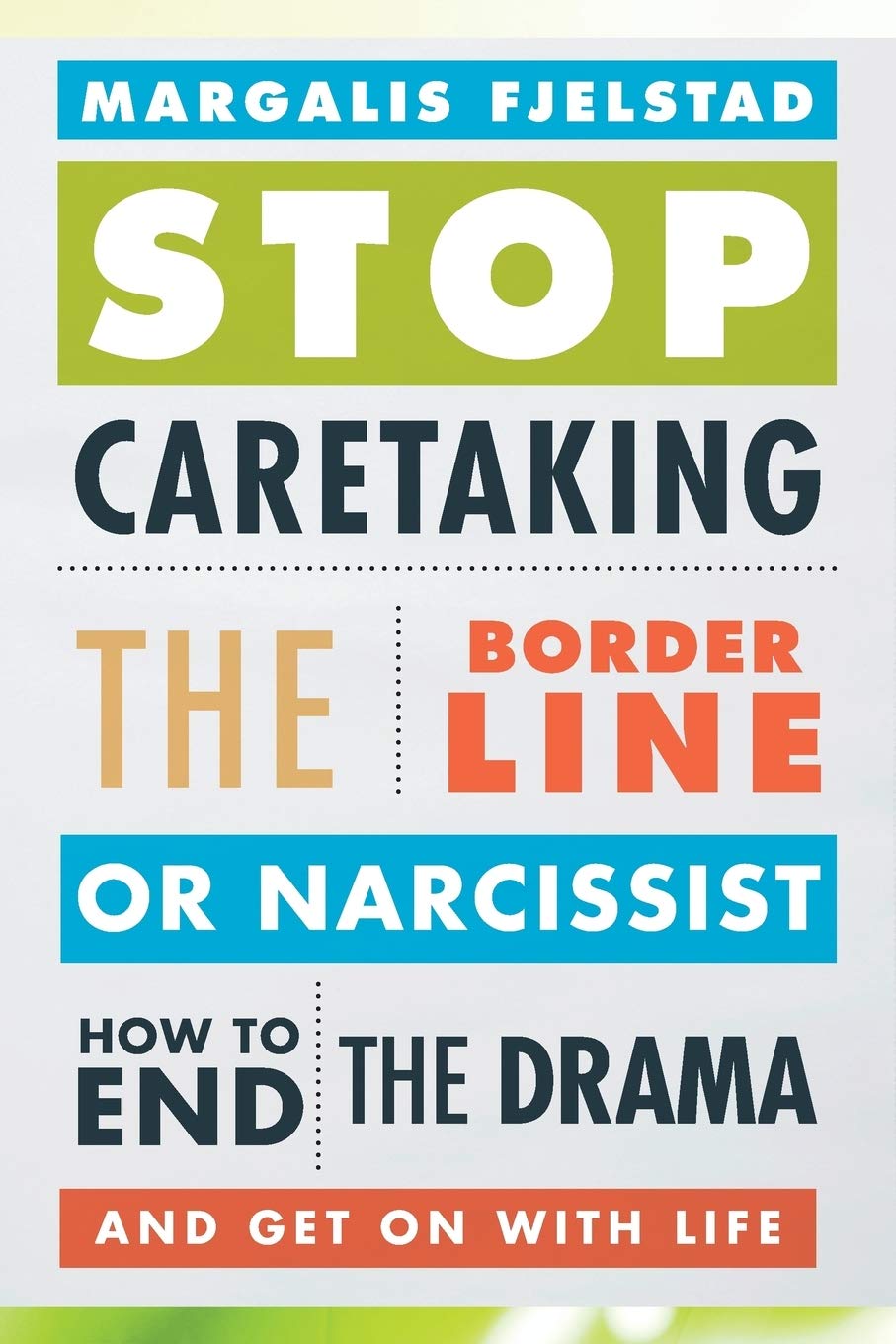
Tính năng sản phẩm
• Highlight, take notes, and search in the book• In this edition, page numbers are just like the physical editionMô tả sản phẩm
From the Publisher

Caretakers and Their Borderline/Narcissists:
- Caretakers hope to fix or heal the Borderline or Narcissist to improve the relationship.
- Caretakers get frustrated and hurt when the Borderline or Narcissist doesn’t get better.
- The Caretaker’s fear of anger and disagreement lead them to being manipulated by the Borderline or Narcissist.
- Caretakers give up their own needs and wants to try to appease the Borderline or Narcissist.
- Caretakers often don’t pay enough attention to their own needs.
- Letting go of the Caretaker role includes giving up hope, giving up guilt and giving up shame.
- Learning to acknowledge and care for your own feelings and needs helps you drop the Caretaker role.
- Being a Caretaker is damaging to your health and well-being.
- Emotionally caretaking another adult leads to an imbalance of power and a fight for control in the relationship.
- By breaking the crazy-making rules in the relationship, you can quit Caretaking and step back into the world of logic, sanity, and personal choice.
- You can quit Caretaking and restore your healthy sense of well being, but you can’t change the Borderline or Narcissist.

Features:
- Offers hope, control and confidence to people being manipulated by a borderline or narcissist.
- Shows you how to let go of trying to please, appease and soothe the constant complaints, irrationality and neediness of the borderline or narcissist.
- Includes real stories and practical suggestions from a seasoned therapist.
- Teaches techniques for getting out of the illogical, circular, blameful attacks by the borderline or narcissist.
- Offers ways to create a happy, healthy, fully-functioning life despite the borderline or narcissist.
- Talks about how to regain power over your own life by learning skills to effectively deal with the crazy-making behaviors of the borderline or narcissist.
- Shows how your own passivity, over-responsibility, and need to please the borderline or narcissist keeps your relationship stuck.
- Take the self-assessment test to see if you are unwittingly colluding with the borderline or narcissist in maintaining a dysfunctional relationship.

From the Author:
I see that relationship interactions are the result of the thoughts, beliefs, feelings and reactions of ALL parties. Too often the Borderline or Narcissist is blamed and the other participants feel like victims. Family Systems theory sees that everyone contributes to the problem and any one of them can change the final results. The Caretaker can change what s/he does and change the outcome for themselves and everyone else.
I have written the book for anyone who has an ongoing relationship with a Borderline or Narcissist. This could be a spouse, dating partner, sibling, parent, child, in-law, co-worker or friend. Therapists could use the book as they work with their clients who feel “stuck” and frustrated in a relationship with a Borderline or Narcissist. My most recent book, Healing from a Narcissistic Relationship, complements this material by providing next steps in the healing process.
- Mua astaxanthin uống có tốt không? Mua ở đâu? 29/10/2018
- Saffron (nhụy hoa nghệ tây) uống như thế nào cho hợp lý? 29/09/2018
- Saffron (nghệ tây) làm đẹp như thế nào? 28/09/2018
- Giải đáp những thắc mắc về viên uống sinh lý Fuji Sumo 14/09/2018
- Công dụng tuyệt vời từ tinh chất tỏi với sức khỏe 12/09/2018
- Mua collagen 82X chính hãng ở đâu? 26/07/2018
- NueGlow mua ở đâu giá chính hãng bao nhiêu? 04/07/2018
- Fucoidan Chính hãng Nhật Bản giá bao nhiêu? 18/05/2018
- Top 5 loại thuốc trị sẹo tốt nhất, hiệu quả với cả sẹo lâu năm 20/03/2018
- Footer chi tiết bài viết 09/03/2018
- Mã vạch không thể phân biệt hàng chính hãng hay hàng giả 10/05/2023
- Thuốc trắng da Ivory Caps chính hãng giá bao nhiêu? Mua ở đâu? 08/12/2022
- Nên thoa kem trắng da body vào lúc nào để đạt hiệu quả cao? 07/12/2022
- Tiêm trắng da toàn thân giá bao nhiêu? Có an toàn không? 06/12/2022
- Top 3 kem dưỡng trắng da được ưa chuộng nhất hiện nay 05/12/2022
- Uống vitamin C có trắng da không? Nên uống như thế nào? 03/12/2022
- [email protected]
- Hotline: 0909977247
- Hotline: 0908897041
- 8h - 17h Từ Thứ 2 - Thứ 7
Đăng ký nhận thông tin qua email để nhận được hàng triệu ưu đãi từ Muathuoctot.com
Tạp chí sức khỏe làm đẹp, Kem chống nắng nào tốt nhất hiện nay Thuoc giam can an toan hiện nay, thuoc collagen, thuoc Dong trung ha thao , thuoc giam can LIC, thuoc shark cartilage thuoc collagen youtheory dau ca omega 3 tot nhat, dong trung ha thao aloha cua my, kem tri seo hieu qua, C ollagen shiseido enriched, và collagen shiseido dạng viên , Collagen de happy ngăn chặn quá trình lão hóa, mua hang tren thuoc virility pills vp-rx tri roi loan cuong duong, vitamin e 400, dieu tri bang thuoc fucoidan, kem chống nhăn vùng mắt, dịch vụ giao hang nhanh nội thành, crest 3d white, fine pure collagen, nên mua collagen shiseido ở đâu, làm sáng mắt, dịch vụ cho thue kho lẻ tại tphcm, thực phẩm tăng cường sinh lý nam, thuoc prenatal bổ sung dinh dưỡng, kem đánh răng crest 3d white, hỗ trợ điều trị tim mạch, thuốc trắng da hiệu quả giúp phục hồi da. thuốc mọc tóc biotin















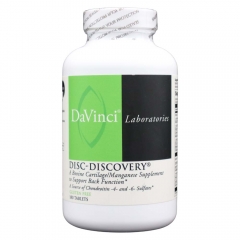


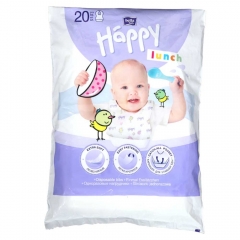
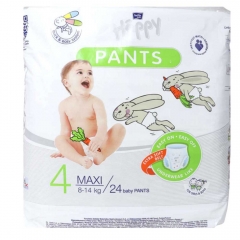
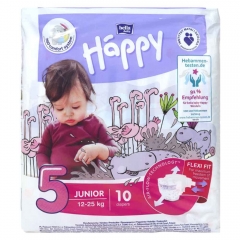



 KHUYẾN MÃI LỚN
KHUYẾN MÃI LỚN Hỗ Trợ Xương Khớp
Hỗ Trợ Xương Khớp Bổ Não & Tăng cường Trí Nhớ
Bổ Não & Tăng cường Trí Nhớ Bổ Sung Collagen & Làm Đẹp
Bổ Sung Collagen & Làm Đẹp Bổ Thận, Mát Gan & Giải Độc
Bổ Thận, Mát Gan & Giải Độc Chăm Sóc Sức khỏe Nam Giới
Chăm Sóc Sức khỏe Nam Giới Chăm Sóc Sức khỏe Nữ Giới
Chăm Sóc Sức khỏe Nữ Giới Chăm sóc Sức khỏe Trẻ Em
Chăm sóc Sức khỏe Trẻ Em Thực Phẩm Giảm Cân, Ăn Kiêng
Thực Phẩm Giảm Cân, Ăn Kiêng Bổ Sung Vitamin & Khoáng Chất
Bổ Sung Vitamin & Khoáng Chất Bổ Tim Mạch, Huyết Áp & Mỡ Máu
Bổ Tim Mạch, Huyết Áp & Mỡ Máu Bổ Mắt & Tăng cường Thị lực
Bổ Mắt & Tăng cường Thị lực Điều Trị Tai Mũi Họng
Điều Trị Tai Mũi Họng Sức Khỏe Hệ Tiêu hóa
Sức Khỏe Hệ Tiêu hóa Chăm Sóc Răng Miệng
Chăm Sóc Răng Miệng Chống Oxy Hóa & Tảo Biển.
Chống Oxy Hóa & Tảo Biển.